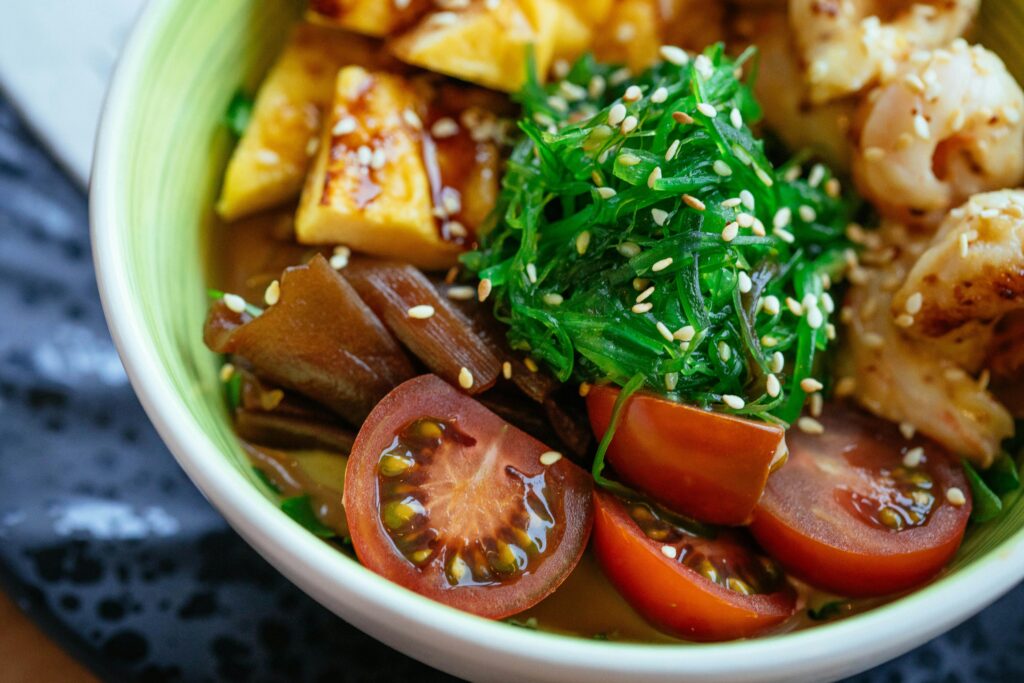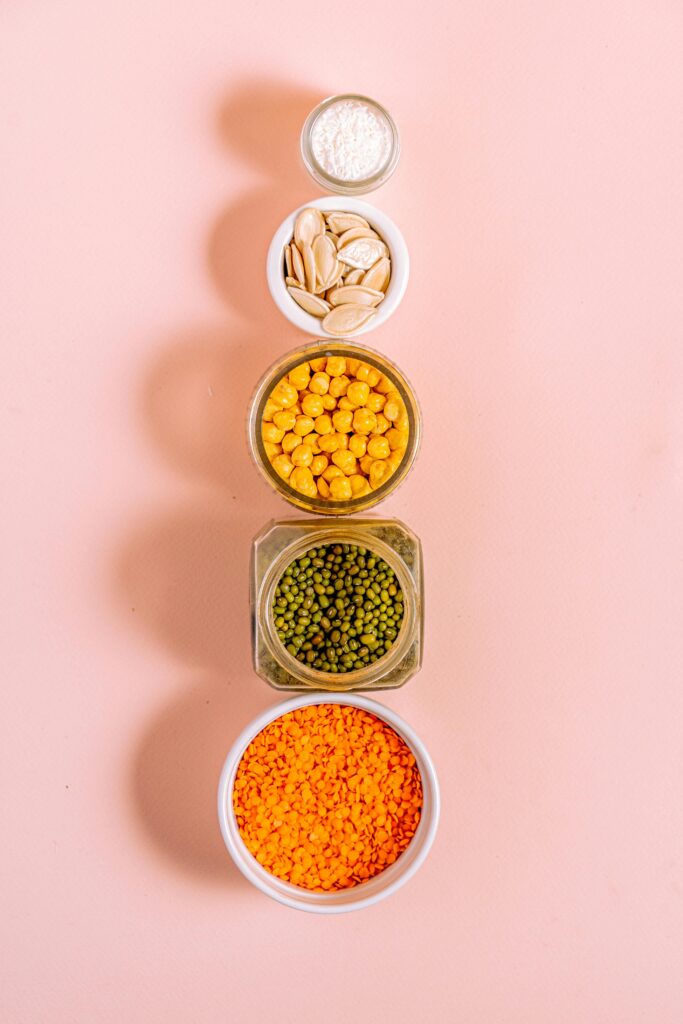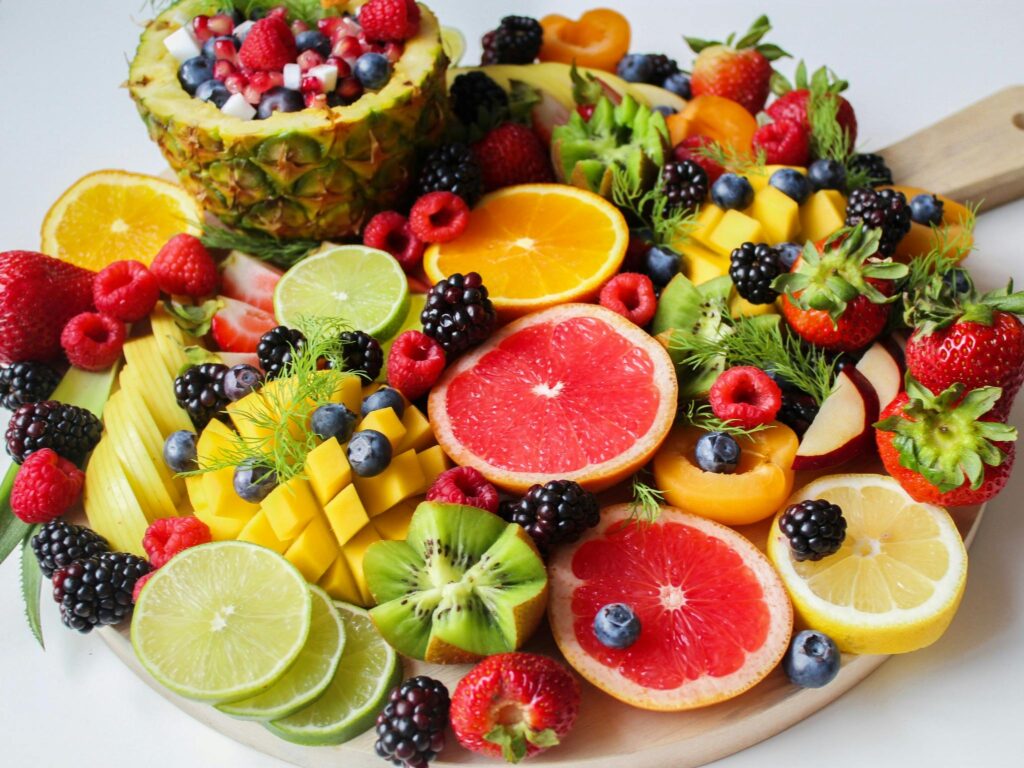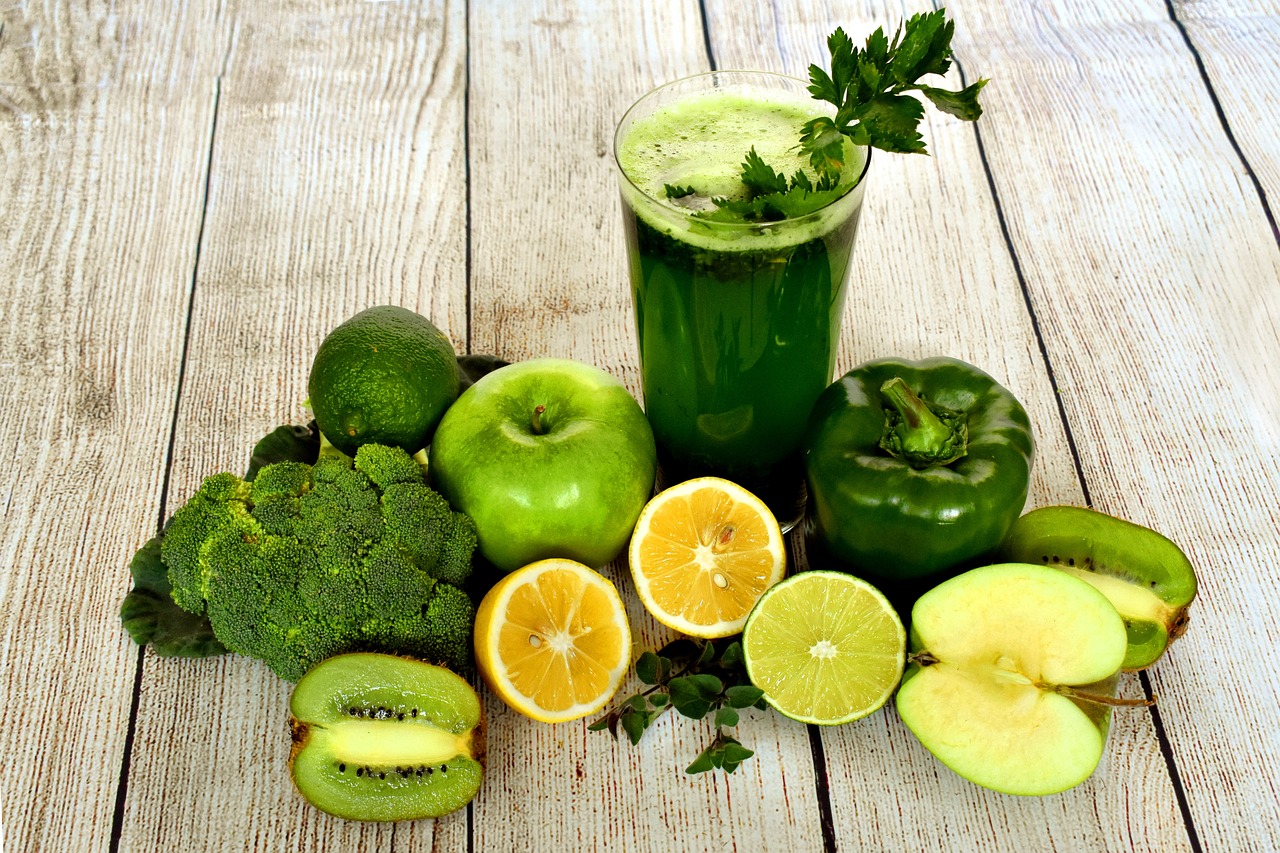Transitioning to a vegan diet can be an exciting and rewarding journey toward improved health and sustainability. A vegan diet excludes all animal products, including meat, dairy, and eggs, focusing on plant-based foods instead. If you’re considering this lifestyle change, here are ten essential tips to help you start your vegan journey successfully.
Table of Contents
1. Educate Yourself
Before diving into a vegan diet, take some time to educate yourself about the benefits, nutritional requirements, and common pitfalls. Understanding the principles of veganism will help you make informed choices. Explore various resources such as books, documentaries, and reputable websites that provide valuable information about vegan nutrition and lifestyle.
2. Start Gradually
Transitioning to a vegan diet doesn’t have to happen overnight. Starting gradually can make the process more manageable. Begin by eliminating one animal product at a time, such as red meat, then poultry, and finally dairy and eggs. This gradual approach allows your taste buds and digestive system to adjust to new flavors and foods.
3. Focus on Whole Foods
While many vegan processed foods are available, focusing on whole, minimally processed foods will provide better nutrition. Incorporate a variety of fruits, vegetables, whole grains, legumes, nuts, and seeds into your diet. These foods are rich in essential nutrients, vitamins, and minerals, ensuring you maintain a balanced diet.
4. Plan Your Meals
Meal planning is crucial for a successful vegan diet. Take time each week to plan your meals, ensuring you have a variety of dishes to enjoy. This will help you avoid last-minute unhealthy choices and make grocery shopping more efficient. Make a shopping list based on your meal plan to ensure you have all the ingredients you need.


5. Experiment with New Recipes
One of the joys of adopting a vegan diet is the opportunity to explore new flavors and cuisines. Experiment with various vegan recipes, trying out ingredients you may not have used before. From hearty bean stews to vibrant salads, the possibilities are endless. Join online communities or cookbooks dedicated to vegan cooking for inspiration.
6. Find Vegan Alternatives
Many vegan alternatives can replace animal products in your meals. Look for plant-based milk (such as almond, soy, or oat), vegan cheese, and meat substitutes like tofu, tempeh, or seitan. These alternatives can help ease the transition and satisfy cravings for familiar foods.

7. Pay Attention to Nutritional Needs
While a vegan diet can be nutritionally balanced, certain nutrients may require special attention. Ensure you’re getting enough protein, iron, calcium, omega-3 fatty acids, and vitamin B12. Incorporate sources of these nutrients into your diet, such as lentils, chickpeas, leafy greens, fortified plant-based milks, and nutritional yeast. If necessary, consider supplements after consulting with a healthcare professional.
8. Stay Hydrated
Staying hydrated is essential for everyone, but it can be easy to overlook when you’re focused on changing your diet. Drink plenty of water throughout the day to stay energized and support overall health. Herbal teas and infused water can also be great options for variety.

9. Seek Support
Transitioning to a vegan diet can be challenging, but you don’t have to do it alone. Seek support from friends, family, or online communities of fellow vegans. Share your experiences, ask questions, and find encouragement from others on the same journey. Joining a local vegan group can also provide valuable resources and social connections.
10. Be Kind to Yourself
Finally, remember that transitioning to a vegan diet is a process, and it’s okay to make mistakes along the way. Be kind to yourself and allow for flexibility. If you find yourself slipping back into old habits, don’t be discouraged. Acknowledge the journey and continue to focus on the positive changes you are making.
Conclusion
Starting a vegan diet can be a fulfilling and health-promoting choice. By educating yourself, planning your meals, and focusing on whole foods, you can successfully transition to a plant-based lifestyle. Remember to pay attention to your nutritional needs, seek support, and be patient with yourself during the process.
If you have any questions or need personalized guidance on adopting a vegan diet, feel free to contact our health experts at Health Authentica. We’re here to support you on your journey to better health!










